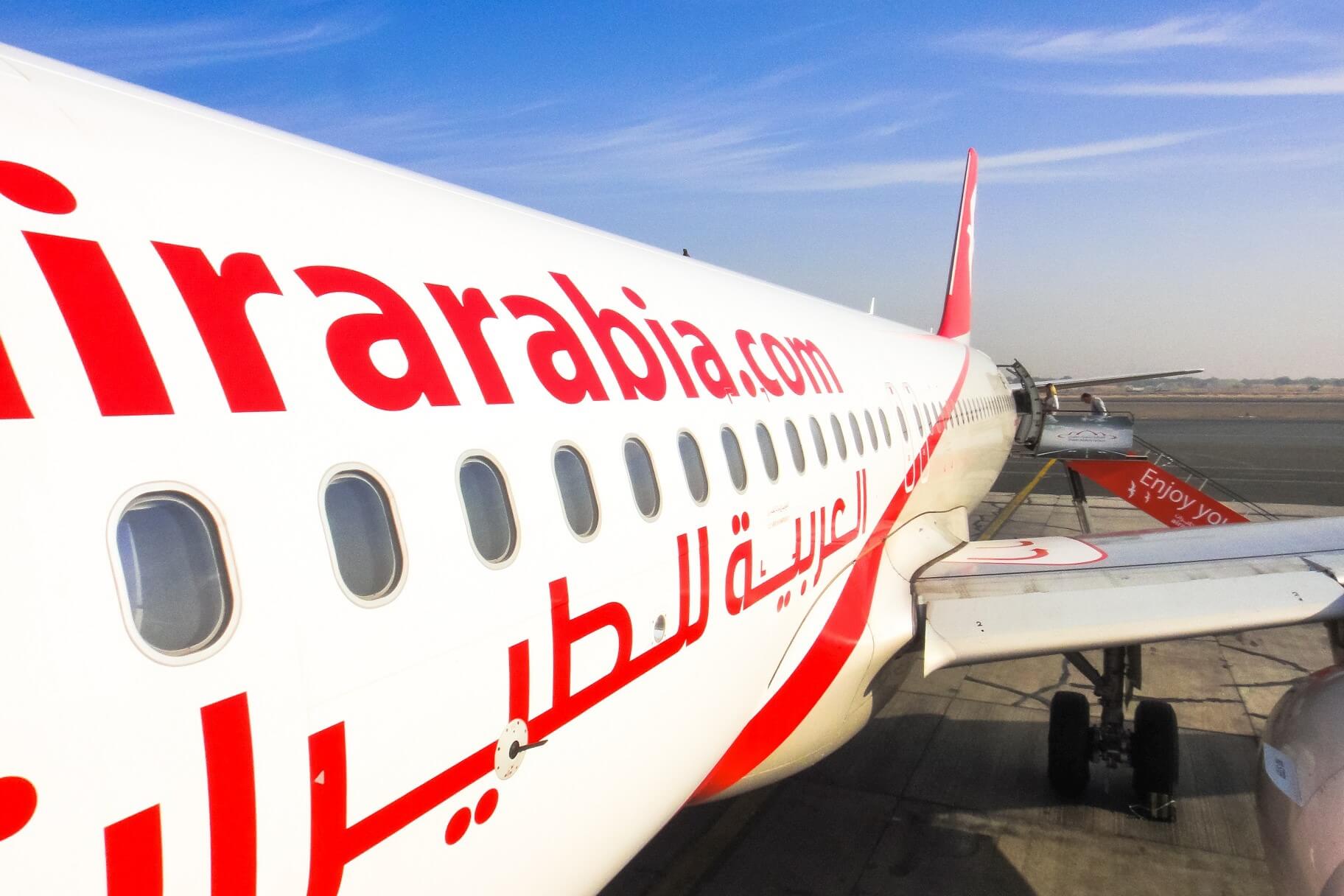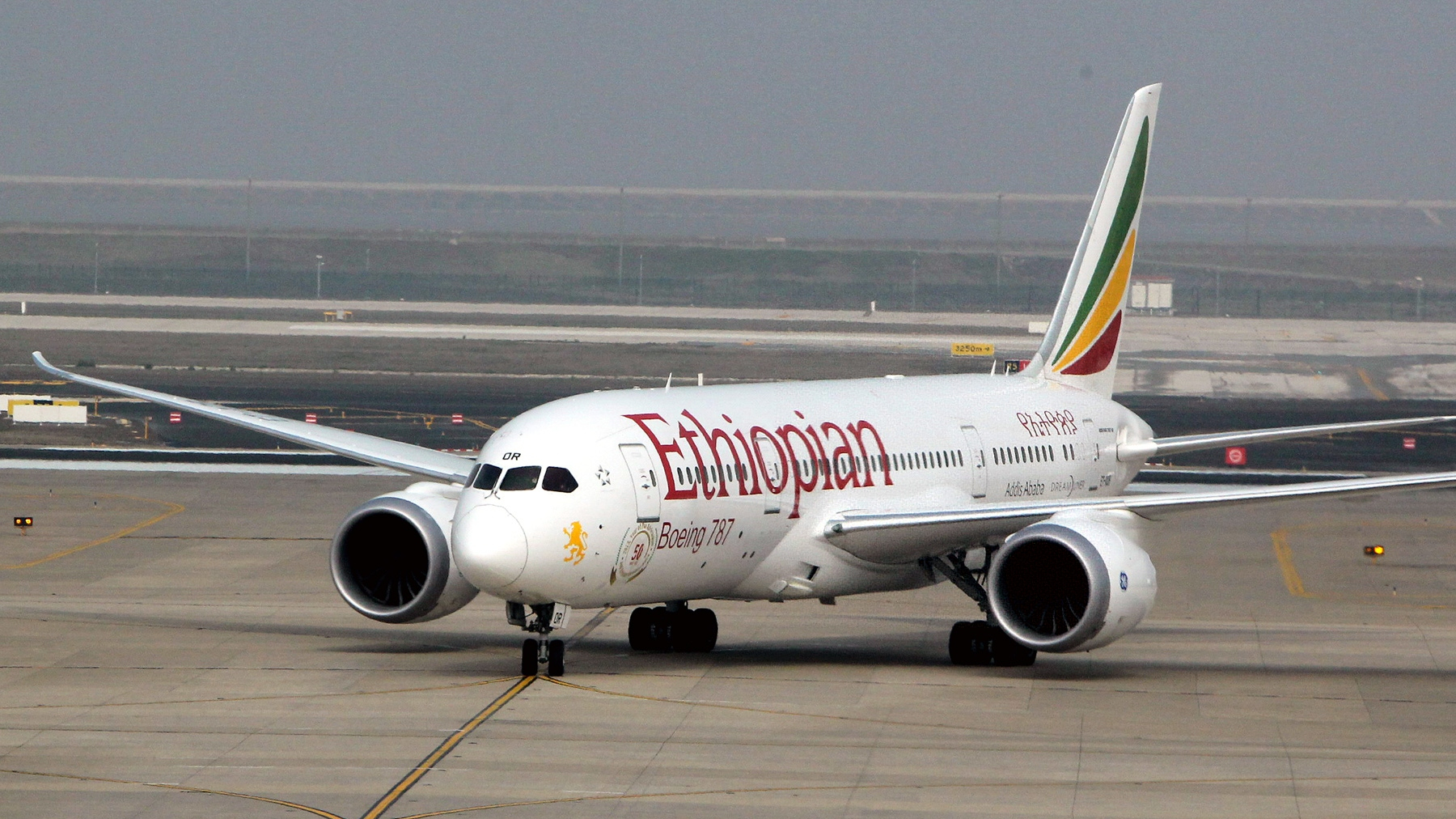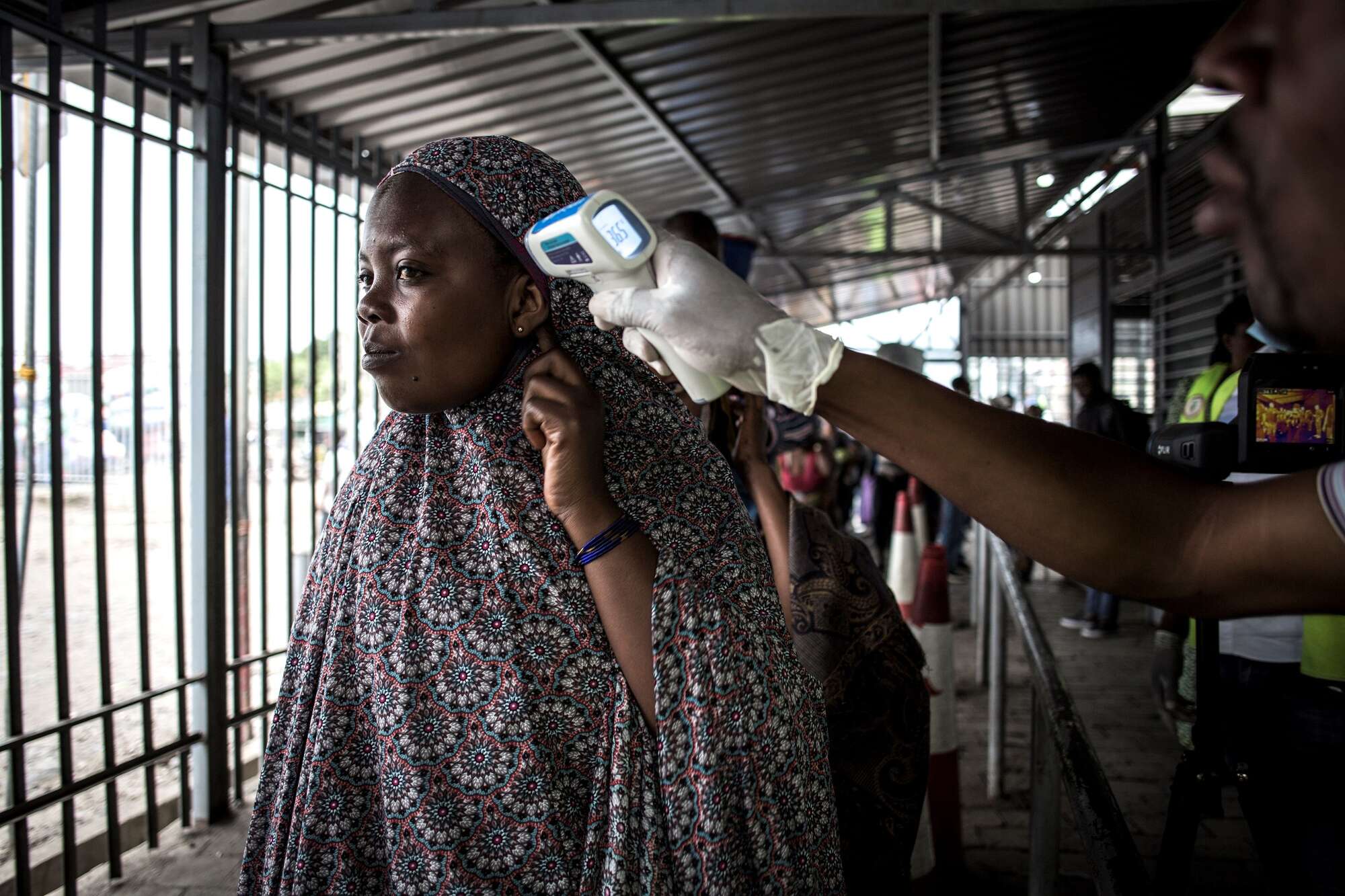The State has enhanced its support to various initiatives aimed at marketing diverse tourism products including mountaineering, cuisine, horticulture and lake tourism, to attract more tourists.
Outgoing Tourism and Wildlife Cabinet Secretary Najib Balala said although Kenya continues to be a popular destination, stakeholders must put more focus on other products to boost the sector that was adversely hit by the Covid-19 pandemic.
He said popular tourism destinations including Lake Nakuru National Park, Diani beach, Maasai Mara, Naivasha and Nairobi for Meetings, Incentives, Conferences and Exhibitions are renowned worldwide.
Mr Balala stated that although, coastal beach holidays and wildlife safaris still remained attractive destinations, the Ministry was partnering with state agencies and private sector in aggressively marketing alternative core tourism products that the country could offer from its diverse niches.
These tourism products, Balala said include culture, cuisine, entertainment, sports, nature (beach and safari) and Meetings, Incentives, Exhibitions, and Conferences (Mice) tourism.
“We have been winning in both world travel and destination awards due to our popular destinations. We look forward to a very good year in the sector. We are renowned for beach and safari which are our main signature products. But we need to diversify and present to the world other products such as mountaineering, lake, horticulture, agriculture (tea and coffee), Nyama Choma, culture and heritage,” indicated the Cabinet Secretary.
The campaign, he said, is also covering all destinations in Kenya that offer rock climbing, bird watching, golf tourism, adventure sports, leisure tourism and wildlife tourism.
“We are working with industry players such as hoteliers, tour companies and guides in drawing attraction to the hidden gems that Kenya has in store,” added Balala.
In a speech read on his behalf by Acting Chief Executive Officer-Utalii College Professor Charles Musyoki during celebrations to mark World Tourism Day at Nyayo Gardens in Nakuru, Mr. Balala advised sector players to embrace local communities in diversifying their products in order to attract younger visitors who are no longer interested in traditional offerings of tourism and wildlife.
He noted that the sector’s landscape had significantly shifted and that there was no need for tourism players to continue marketing their products using the same old system.
“It is worth noting that millennials are no longer interested in travelling to the Mara for four hours or staying in hotels. What they are keen on is spending time embracing cultural practices of places and people they visit,” stated the outgoing CS.
Mr Balala noted that reliance on traditional tourism products has not only put a strain on the facilities and capacity but has also left the tourism industry largely dependent on a few attractions.
“We have also been looking to grow a domestic tourism campaign to get the residents excited about the various destinations that their country has to offer. There are many Kenyans who are interested in travel but lack sufficient information,” he continued.
In his remarks Professor Musyoki indicated that domestic tourism in Kenya is a field that the industry players ought to tap into more to increase revenue as it holds huge potential and its importance for economic development cannot be underestimated.
“Many Kenyans prefer to travel to international destinations over local destinations while some do not travel at all. This is while keeping in mind that every time we travel and buy outside the country, we are inadvertently taking away the economic growth we could be retaining in our country,” he observed.
Deputy Governor Mr David Kones said the County administration was encouraging the private sector and local communities to develop “out of park” tourism activities such as mountain biking. The initiative he stated is also encouraging visits to cultural and spiritual sites, cultural performances and community walks.
Mr Kones challenged Kenyans to drop the notion that tourism is only a preserve for the wealthy or those with disposable income. He called on the tourism sector to also come up with reasonable packages affordable by most Kenyans.
“We have for a long time relied on too much on foreigners to build our tourism. It is now our time as locals to spur the growth of our domestic tourism to the next level by playing a major part in that growth.”
Nakuru County Tourism Association Chairman David Mwangi noted that tourism and hospitality marketing agencies at both counties and national level have over the years focused too much on wildlife and beach products, neglecting cultural attractions and conference facilities, which have traditionally relied on fragmented promotions by the proprietors.
This, he said was happening against the background that there were various other undiscovered tourist destinations around the country.
The chairman observed that enhancing equal distribution of resources to all sectors and regions would open up more destinations that would inversely arouse interest among locals.
“We cannot emphasize the role of synergies and partnerships enough as we work towards re-starting tourism. We must continue to take advantage of the new opportunities in travel, and also look out for the emerging trends,” said Mwangi.
He stated that industry players needed to tap into conference tourism, a relatively new concept in the industry, which revolves around service provision to business travelers attending seminars, workshops, conferences and conventions.
“At the moment, conference tourism is the largest and fastest growing segment of the modern tourism sector. It has a higher financial impact because conference travelers spend more than leisure travelers. Often their expenses are paid by the organizations they represent, leaving the tourists with substantial disposable incomes that they can spend,” he noted.
The tourism sector performance report 2021 shows that the industry earnings jumped 65 per cent to Sh146.51 billion last year up from Sh88.56 billion in 2020.
Tourist arrivals through airports and border points also increased by 53.3 per cent to 870,465 from 567,848 over the period. About 26.4 per cent visited for business meetings, conferences and exhibitions.
The wanting performance in the sector, according to Mr Mwangi, was due to dependence on the national government to market tourism destinations in all counties.
Mwangi said that it is important to realize that for tourism to succeed, a greater part depends on the goodwill of the locals more than the other industries.
“The locals must be happy with the visitors and the security knowledge that the presence of the visitors around will not affect their operations both socially, economically and even politically and that they will not impose values that are not welcomed in their society. This can easily be achieved when the locals are engaged by involving them in dialogues relating to the influence of tourism in that particular area,” noted the chairman.
In June 2020, the ministry of tourism and wildlife reported that the tourism and travel sectors slumped in the wake of Covid-19 pandemic, with over 81 per cent of firms in the industries laying off most of their employees and 31 per cent implementing more than 70 per cent pay cut.
Source: Kenya News Agency









